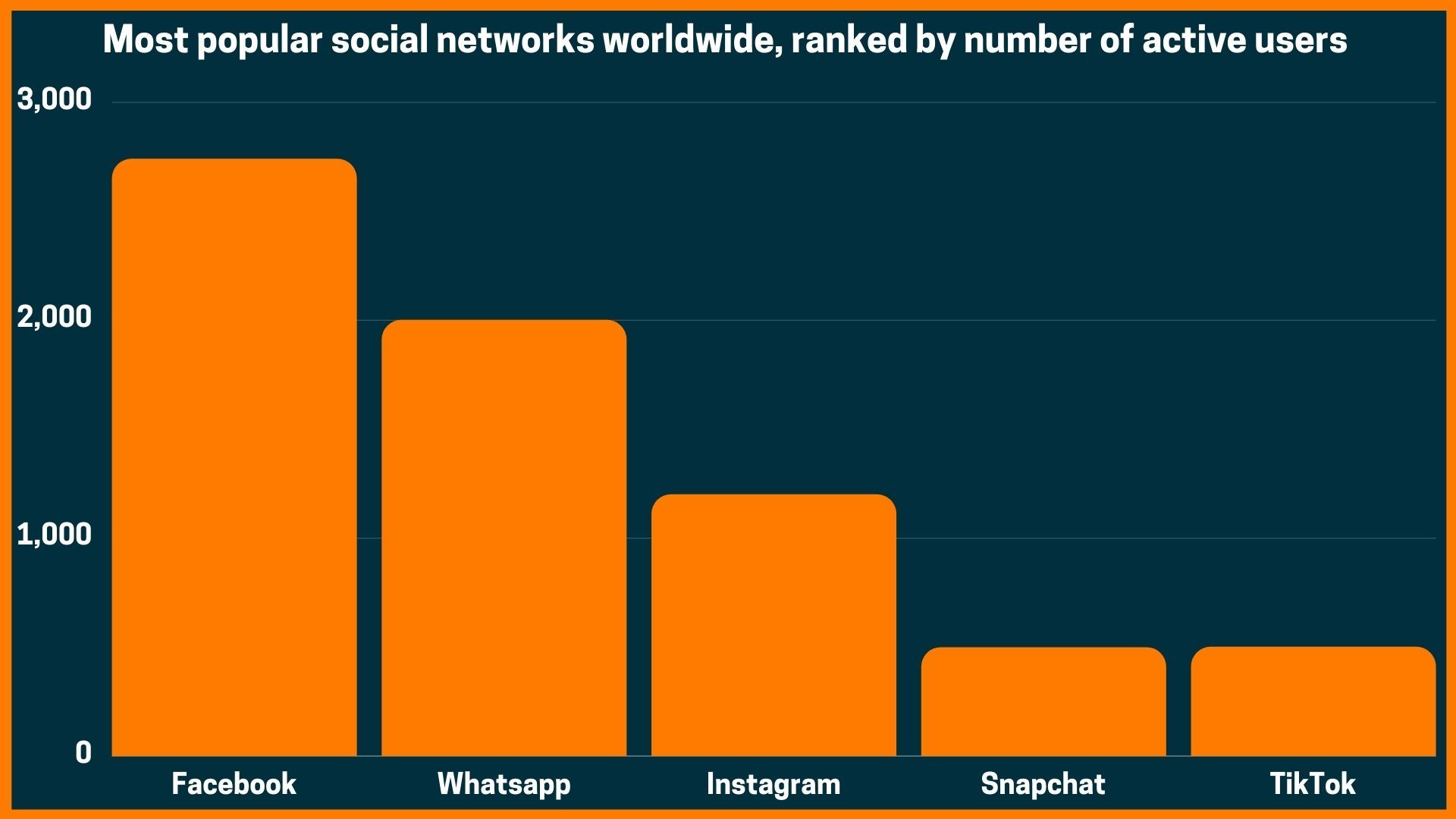New Guidelines for Social Media Platforms Explained
📖 Learning
The government had issued new rules and guidelines for the social media intermediaries and social media platforms in the country. On 25 February 2021, the Ministry of Electronics and Information Technology has announced its draft Information Technology (Intermediary Guidelines and Digital Media Ethics Code) Rules, 2021, for social media platforms.
Ravi Shankar Prasad announced during a press conference that these rules are not a newly framed one but were already the existing ones under the IT act. He also said that he is trusting the platforms to follow these rules. Self-regulation will be the focus of these guidelines.
The rules have provided a difference between significant social media intermediaries and regular social media intermediaries.
The new guidelines for the social media platforms are:
Social Media Intermediaries
Identifying the originator of a message
Verification of Users
FAQ
Social Media Intermediaries
Social Media Platforms with a minimum of 50 Lakh registered users in India are under the group of significant social media intermediaries. They are subject to maximum compliance.
However, the government wants other Social Media platforms to comply with the rules and regulations applicable to these significant social media intermediaries. That is only if the services of these platforms create a risk in the integrity and sovereignty of the country.
The government wants social media platforms to come up with a mechanism where users can express their complaints. It wants Social Media intermediaries to have the following:
Chief Compliance Officer – The Chief Compliant Officer will be responsible to maintain compliance with the rules and Acts.
Nodal Contact Person – The Nodal Contact person will be responsible for maintaining contact with the law enforcement agencies (the government) 24/7.
Resident Grievance Officer – The Resident Grievance Officer will be responsible for managing the grievances from the users and is expected to perform the functions that are mentioned under the mechanism of Grievance Redressal.
All the above mentioned officers have to be a resident of India. Even the significant social media companies are supposed to have a physical contact address in India. This will create an impact for the foreign players because they will have to set up an infrastructure and extend resources and taxation.
The government says it is a step to strengthen social media users and other intermediaries. The government wants a Chief Compliant Officer even for significant social media companies. According to the new guidelines the companies will need to publish a monthly compliance report as well.
Ravi Shankar Prasad, the Union Minister said that "If there are complaints against the dignity of the users, particularly nudity, women that exploit their private parts or of any other individual, sexual acts, impersonation, etc. should be removed within 24 hours."
The significant Social Media intermediaries are expected to come up with technology-based measures, automated tools to identify abusive contents and information, child sexual abuse, rape, or any other information which was previously removed.


Identifying the originator of a message
The rules also require significant social media to track the origin of a message. They are supposed to track the “first originator”. This means that your messages wouldn’t be end-to-end encrypted anymore. The Social Media apps like WhatsApp, Telegram, etc. will be forced to break their end-to-end encryption.
The government has said that they are interested in the content of the message but they would want to know who created it. This will be mainly concentrated on messages which are passed on related to the security and sovereignty of India, public order, or concerning rape or any other sexual content.
The government wants the social media intermediaries to disclose the “First originator” of such messages.

Verification of Users
The significant Social Media intermediaries are supposed to provide a system for the verification of users. For example, through mobile numbers. It is on a voluntary basis.
According to the rules, “users who wish to verify their accounts voluntarily shall be provided with an appropriate procedure to do it. They will be provided with a demonstrable or a visible mark of verification with a tick or a dot.
It can be a setback on the user’s privacy even though the verification is on a voluntary basis. The user’s information that is collected can become a part of the privacy policy which the social media platforms have the right to use. The users wouldn’t have an option. They will have to consent to the platform’s privacy policy.
FAQ
Who regulates social media in India?
Ministry of Information and Broadcasting regulates social media in India.
What is the most used social media platform in India?
Facebook is the most used social media platform in India.
Which social media company Facebook owns?
Facebook currently owns Instagram and WhatsApp.
Conclusion
Even though after the implementation of the new guidelines, foreign players would still be interested in setting up their business in India because there is an absence of a registration or a mandatory licensing framework for the digital media business. The rules will be put in effect once it is published in the gazette. The additional due diligence which is meant for the significant social media intermediaries will come into effect 3 months after the publication of these rules.
Must have tools for startups - Recommended by StartupTalky
- Convert Visitors into Leads- SeizeLead
- Website Builder SquareSpace
- Run your business Smoothly Systeme.io
- Stock Images Shutterstock






